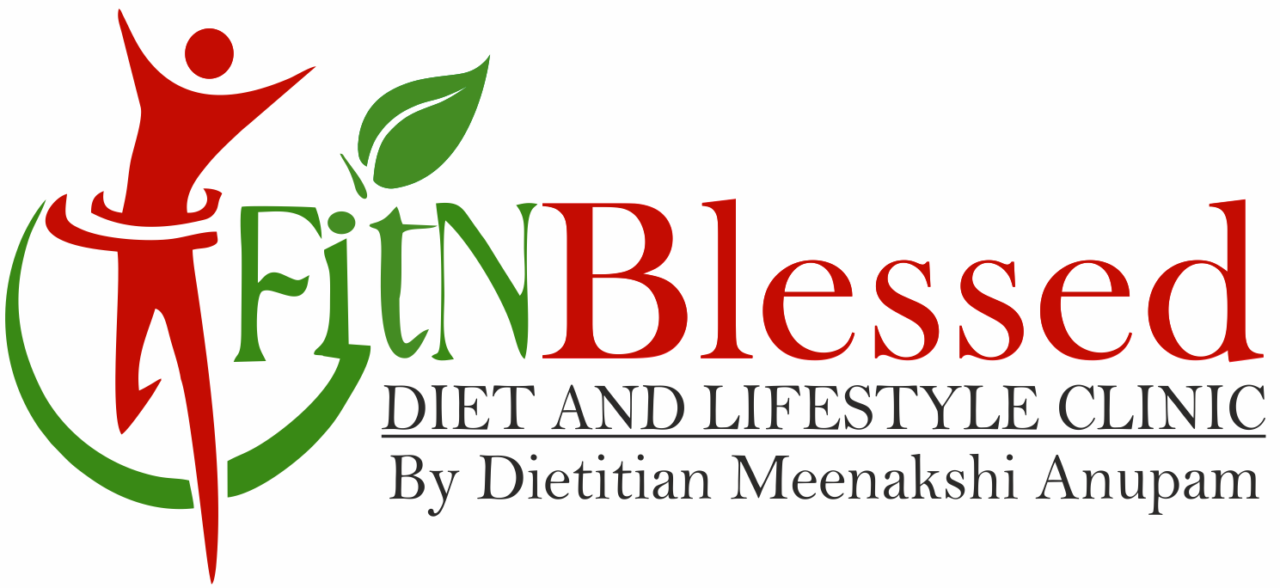In a world obsessed with dieting trends, calorie counting, and restrictive meal plans, many people find themselves constantly searching for the “perfect diet.” But what if the best approach to long-term health and wellness isn’t a diet at all? At Fitnblessed, we believe that true health is not about deprivation but about balance, sustainability, and understanding your body’s needs.
In this blog, we’ll explore why the best way to eat healthy might not involve following any diet at all and how embracing mindful eating can lead to lasting well-being.

1. The Problem with Traditional Diets
Most diets promise quick results—whether it’s weight loss, muscle gain, or better digestion. However, many traditional diets fail for one major reason: they are not sustainable in the long run.
🔴 Common issues with traditional diets
- Restriction leads to cravings: Cutting out entire food groups often results in binge-eating later.
- Short-term results, long-term struggles: Many diets work temporarily but are difficult to maintain.
- Mental stress: Constantly tracking calories, macros, or meal portions can create an unhealthy relationship with food.
Studies have shown that 95% of people who follow restrictive diets regain the weight within a few years. Instead of a diet, a balanced lifestyle is the key to sustainable health.
2. Understanding Your Body’s Needs
Every individual is different—what works for one person might not work for another. The idea of a “perfect diet” assumes that there is a one-size-fits-all approach, but in reality, your body has unique needs.
✅ Instead of following diet trends, focus on:
- Listening to your body – Eat when you are hungry, stop when you are full.
- Nourishing, not restricting – Include whole, nutrient-dense foods.
- Enjoying your meals – Food should be about pleasure and satisfaction, not guilt.
When you start eating intuitively rather than following rigid rules, you develop a healthier relationship with food.

3. Mindful Eating Over Dieting
Mindful eating is an approach that encourages awareness of food choices, hunger cues, and emotions around eating. It’s not about restricting foods but about enjoying them in a balanced way.
💡 How to practice mindful eating?
- Eat without distractions: Avoid screens and focus on your meal.
- Chew slowly: Take time to enjoy flavors and textures.
- Recognize true hunger: Differentiate between emotional and physical hunger.
- Choose quality over quantity: Enjoy a smaller portion of nutrient-rich foods rather than overeating.
Mindful eating allows you to naturally regulate portion sizes and develop healthy habits without the need for a diet plan.
4. The Importance of Flexibility in Eating
Rigid diets often fail because they don’t allow for flexibility. Imagine you are at a celebration, and your diet doesn’t allow you to enjoy a slice of cake. This restriction often leads to feelings of frustration and guilt.
A better approach is 80/20 eating, where 80% of your meals focus on wholesome, nutritious foods, and 20% allow for flexibility. This way, you can enjoy your favorite foods without guilt while still prioritizing health.
💡 Example of balanced eating:
✔ 80%: Vegetables, lean proteins, whole grains, healthy fats
✔ 20%: Desserts, occasional treats, favorite comfort foods
This method helps you maintain a healthy lifestyle without feeling deprived.
5. Moving Towards a Holistic Lifestyle
Instead of focusing on “what not to eat,” shift your focus towards overall wellness. A healthy body is not just about food—it’s about movement, sleep, mental well-being, and stress management.
🌿 Key factors for a healthy, diet-free life:
- Regular physical activity – Move your body in a way that you enjoy.
- Good sleep habits – Aim for 7-9 hours of restful sleep per night.
- Stress management – Practice meditation, journaling, or deep breathing.
- Hydration – Drink enough water to support digestion and energy.
When you focus on these aspects, your body naturally finds its ideal weight and health without the need for dieting.
6. Conclusion: Food is a Part of Life, Not a Restriction
At Fitnblessed, we believe that food should be enjoyed, not feared. The best approach to health is not about dieting—it’s about creating a sustainable, balanced lifestyle that works for you.
💡 Final Takeaway:
- 🚫 No more extreme dieting!
- ✅ Listen to your body.
- ✅ Eat with awareness and enjoyment.
- ✅ Find balance instead of restriction.
If you’re ready to ditch dieting and embrace a healthier, happier way of eating, start today! Focus on nourishing your body, and you’ll see long-term benefits without ever needing a “perfect diet.”
🔹 Looking for more expert tips on nutrition and wellness? Stay connected with Fitnblessed for guidance on achieving a healthy and balanced lifestyle! 🌿💚
